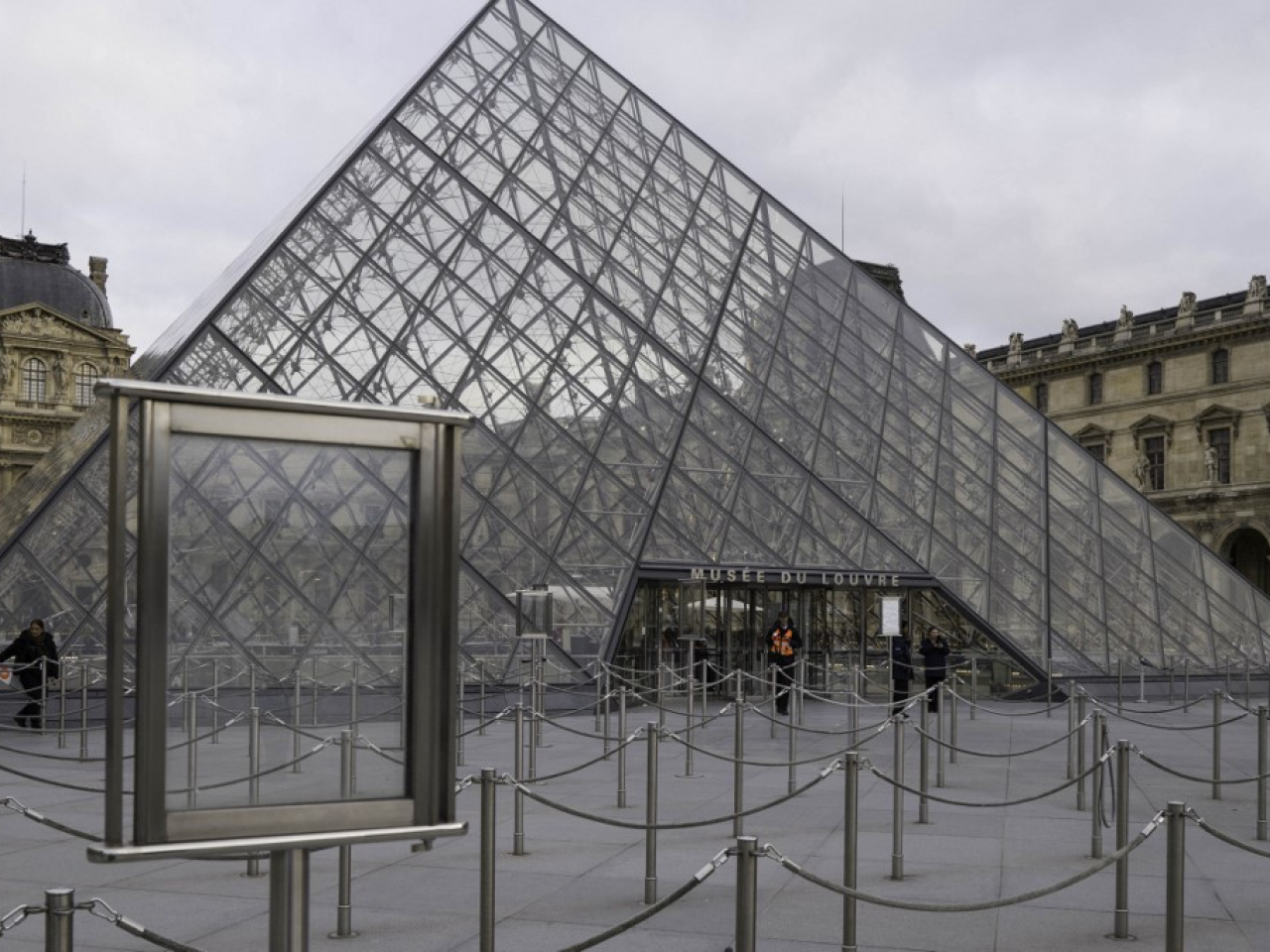The Paris prosecutor on Saturday said two new suspects were handed preliminary charges for their alleged involvement in the crown jewels heist at the Louvre Museum, three days after they were arrested by police as part of the sweeping investigation.
Laure Beccuau, the prosecutor, said in a statement that a 37-year-old suspect was charged with theft by an organised gang and criminal conspiracy.
He was known to authorities for previous thefts, the statement said.
The other, a 38-year-old woman, is accused of being an accomplice.
They were both incarcerated.
They both denied involvement, the prosecutor said.
The lawyer for the woman, Adrien Sorrentino, told reporters his client is “devastated" because she disputes the accusations.
"She does not understand how she is implicated in any of the elements she is accused of," he said.
Five people were arrested by police on Wednesday in connection with the case, including one tied by DNA.
That person is suspected of belonging to the team of four who used a freight lift truck to enter the Louvre.
The prosecutor did not specify whether the person was among those charged on Saturday.
The three others have been released without charges, Beccuau said.
Two earlier suspects, men aged 34 and 39 from Aubervilliers, north of Paris, were charged this week with theft by an organised gang and criminal conspiracy.
Beccuau said both gave “minimalist” statements and “partially admitted” their involvement.
The two are believed to be the men who forced their way into the Apollo Gallery.
One was stopped at Charles-de-Gaulle Airport with a one-way ticket to Algeria; his DNA matched a scooter used in the getaway.
Earlier this week, Beccuau praised an “exceptional mobilisation” — about 100 investigators seven days a week, with roughly 150 forensic samples analysed and 189 items sealed as evidence.
Neither names nor extensive biographical details about those arrested have been made public.
Information about investigations is meant to be secret under French law, to avoid compromising police work and to ensure victims’ right to privacy, a policy known as “secret d’instruction."
Only the prosecutor can speak publicly about developments, and violators can be prosecuted. (AP)





